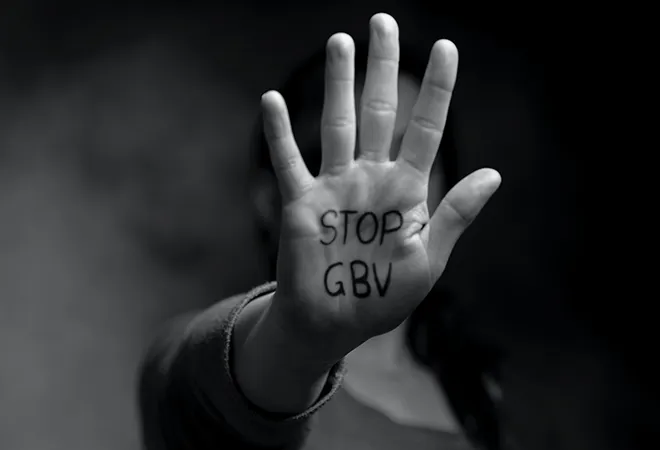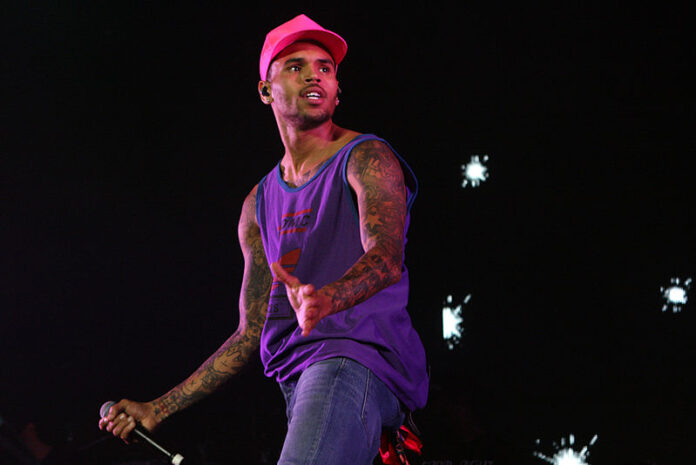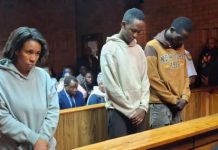
/
RSS Feed
Chris Brown’s upcoming concert in South Africa has reignited discussions about the country’s severe gender-based violence (GBV) crisis, with activists criticizing his appearance given his past history of abuse.
The Grammy-winning artist quickly sold out tickets to his show at Johannesburg’s FNB Stadium—Africa’s largest venue with over 94,000 seats—prompting the addition of a second date due to overwhelming demand. However, the excitement surrounding the concert has been met with backlash, particularly from those who oppose him performing because of his violent past.
“I was shocked and deeply disappointed when I heard Chris Brown was coming to South Africa,” said Sabina Walter, executive director of Women for Change, a group advocating for women and children’s rights in the country. The organization has launched a petition to stop the concert, which has gathered over 20,000 signatures.
















